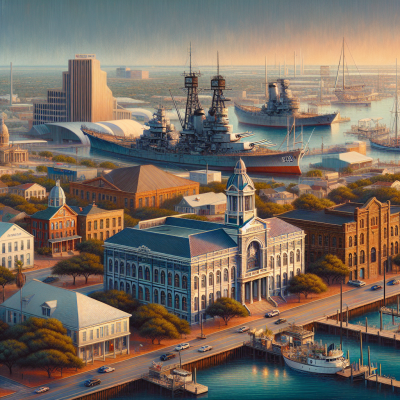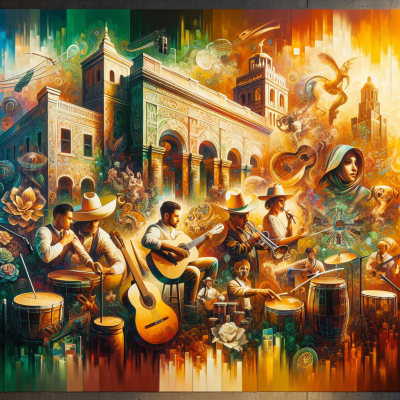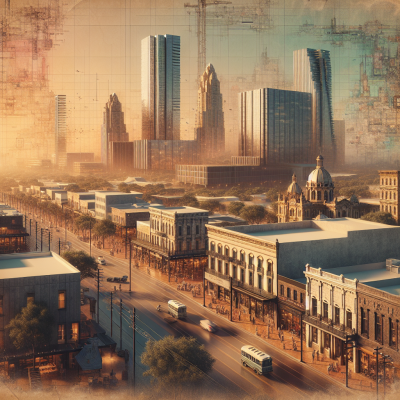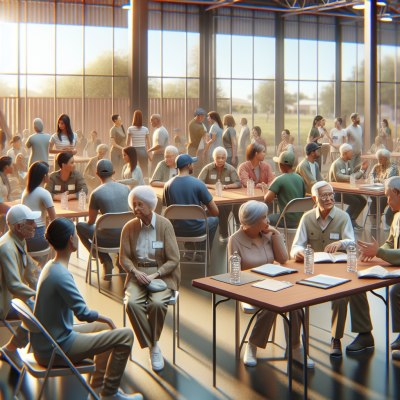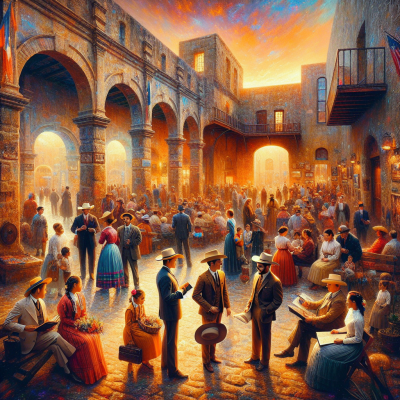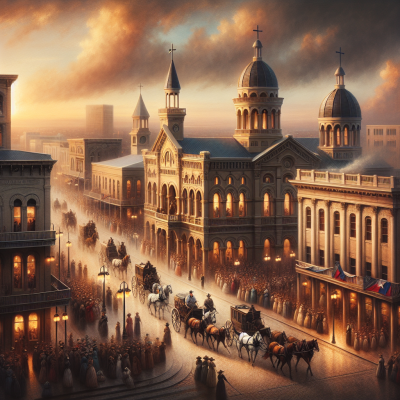
The Growth of Corpus Christi
Development During the 19th Century
The 19th century was a transformative period for Corpus Christi, marking the city's transition from a modest coastal settlement to a burgeoning community of economic and strategic importance. Initially, the area that would become Corpus Christi was a hub of trade and supplies, serving the needs of local ranchers and settlers. The year 1839 was notable, as the town's founding marked a pivotal shift in its trajectory, paving the way for growth and development.
By mid-century, Corpus Christi had firmly established itself as a significant port and trade center. Its strategic location along the Gulf of Mexico provided vital connections with other coastal cities and facilitated international trade routes. Economic activities expanded with the arrival of new settlers, and the introduction of steamboats in the 1840s further integrated Corpus Christi into broader networks of commerce and communication. This technological advancement not only enhanced trade operations but also attracted a more diverse population, eager to capitalize on the emerging economic opportunities.
The town's infrastructure saw noteworthy developments during this time. Roads and communication lines were improved, bolstering its status as a trade hub. By the 1880s, the introduction of railroads magnified its importance. These rail connections not only encouraged further economic diversification but also catalyzed the cultural and demographic expansion of the city, setting the stage for its modern growth and character.
The Role of Corpus Christi in Texas Independence
Corpus Christi's role in Texas independence was marked by strategic significance that underscored its importance in the broader tapestry of Texan history. During the struggle for independence from Mexico, Corpus Christi served as a strategic staging ground and supply point for revolutionary forces. The precursor events leading up to the Texas Revolution saw Corpus Christi at the forefront of political and military activity.
In 1835, as tensions between Texan settlers and the Mexican government reached a boiling point, Corpus Christi's proximity to the Mexican border made it an ideal spot for assembling volunteer militias and organizing resistance efforts. The town became a focal point for military strategists, who recognized its potential in launching offensives and securing supply lines.
Furthermore, Corpus Christi gained historical prominence during the build-up to the significant Battle of San Jacinto, which ultimately sealed Texas's independence. The town's infrastructure facilitated the movement of troops and supplies, contributing to the eventual success of the independence movement. This role cemented Corpus Christi's legacy as a vital component in the narrative of Texas's path to sovereignty.
Impact of the Civil War Era
The Civil War era left an indelible mark on Corpus Christi, influencing its economic and social landscape. Geographically situated in a region contested during the war, Corpus Christi experienced firsthand the repercussions of national conflict. The Union blockade of the Gulf ports stifled trade and severely impacted the local economy. Essential commodities became scarce, altering daily life and fueling economic downturns.
Despite these challenges, the war fostered a unique resilience within the community. The residents of Corpus Christi adapted by redirecting their efforts towards self-sufficiency. Local agriculture and industries, though limited, supported the community by reducing dependency on external supplies.
Post-war, Corpus Christi's recovery was gradual. The Reconstruction era brought new challenges, including integrating newly emancipated African Americans into the local society and economy. Efforts to rebuild the community extended into the late 19th century, focusing on rejuvenating trade and modernizing the infrastructure previously disrupted by the war.
Throughout the 19th century, these experiences honed Corpus Christi's identity, shaping it into a resilient city that balanced growth and adaptation in the face of adversity. The legacy of these periods continues to influence the city's cultural and historical landscape, reflecting a rich tapestry of innovative evolution and historical significance.
Planning Your Trip to Corpus Christi?
How can we help you with your visit? Ask us anything: from restaurant recommendations to concerts happening this weekend, weather updates, and more.
We’re here to make your trip unforgettable!

